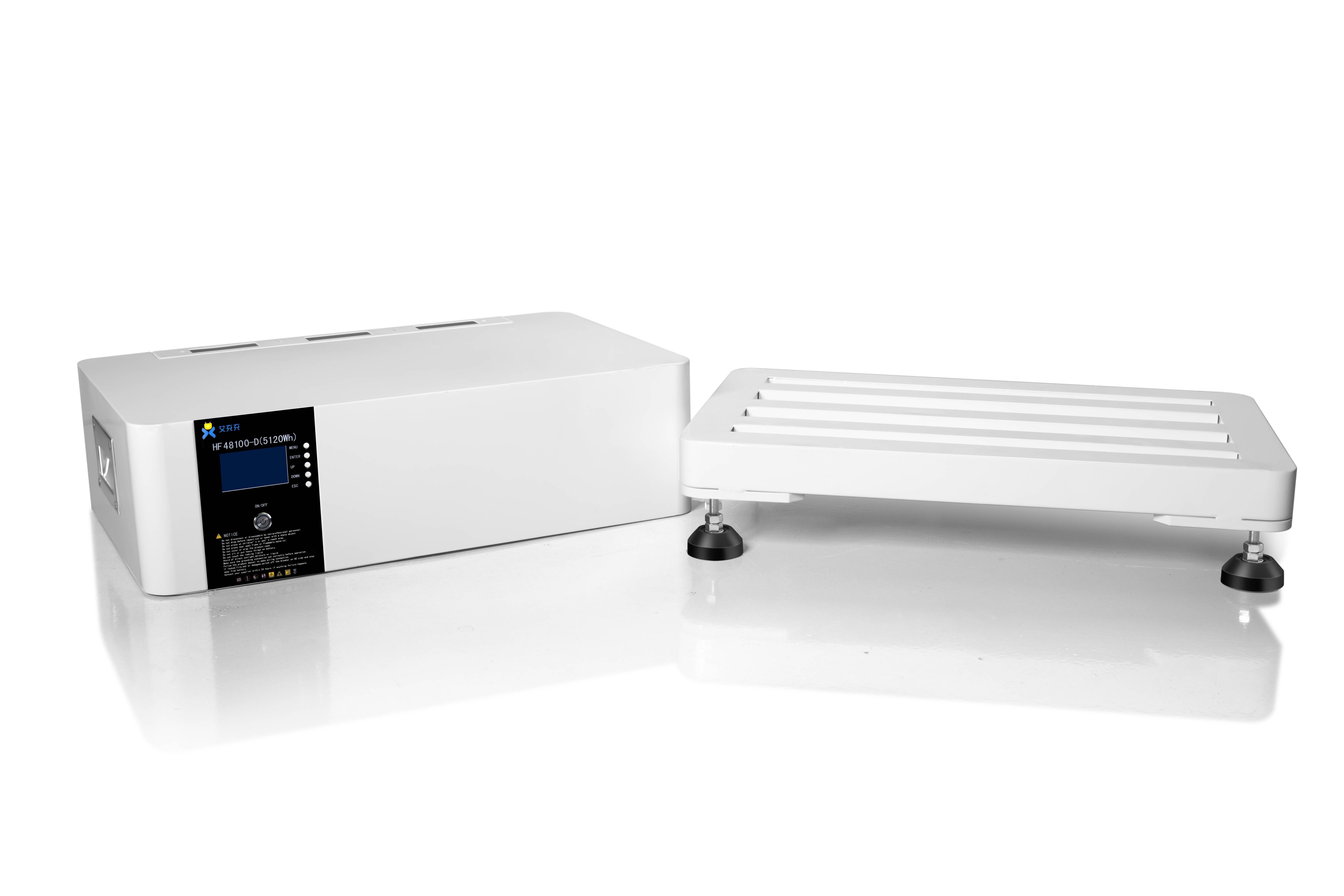
Nov . 26, 2024 23:43 Back to list
CE Certification Process for Lithium Iron Phosphate Batteries Explained and Simplified
Understanding CE Certification for Lithium Ion Phosphate Batteries
Lithium Ion Phosphate (LiFePO4) batteries have become increasingly popular as energy storage solutions due to their high energy density, long lifespan, and robust safety features. With the rising demand for these batteries in various applications such as electric vehicles, renewable energy systems, and portable electronics, manufacturers must ensure that their products meet stringent safety and performance standards. One of the most important certifications that a LiFePO4 battery can obtain is CE certification.
Significance of CE Certification
CE certification is a mandatory conformity mark for products sold within the European Economic Area (EEA). The letters CE stand for Conformité Européenne, which translates to European Conformity. The certification indicates that the product meets essential health, safety, and environmental protection requirements as set forth by European directives. For lithium-ion batteries, CE marking is crucial for ensuring user safety and compliance with applicable regulations.
The process of obtaining CE certification for LiFePO4 batteries involves several steps. Manufacturers need to perform rigorous testing and assessments to determine whether their products comply with the relevant EU directives. This may include directives on low voltage, electromagnetic compatibility, and waste electrical and electronic equipment (WEEE).
Key Testing Standards
To achieve CE marking, LiFePO4 batteries must undergo various tests to assess their safety and performance. Some of the key standards and tests include
1. Electrical Safety Tests Ensures that the battery operates safely under typical and extreme conditions. This includes checks for short circuits, overcharging, and thermal stability.
2. Mechanical Tests Evaluates the battery's resistance to physical impacts, vibrations, and shocks. These tests simulate real-world conditions, ensuring that the battery can withstand everyday usage and transport.
3. Environmental Tests Assesses the battery's performance under different environmental conditions, such as temperature fluctuations and humidity. This is essential for applications in diverse climates.
ce certification lithium ion phosphate battery

4. Chemical Safety This involves testing for leakage of hazardous materials, ensuring that the battery complies with the EU’s REACH regulations concerning chemical safety.
Benefits of CE Certification
The CE marking not only serves as a testament to a battery's safety and reliability but also offers several advantages for manufacturers and consumers alike.
1. Market Access CE certification is essential for companies looking to market their LiFePO4 batteries in Europe. Without this certification, products cannot enter the market, limiting sales opportunities.
2. Consumer Confidence The CE mark builds trust among consumers, who can be reassured that the products they purchase have been rigorously tested and meet specific safety standards.
3. Reducing Liability By ensuring that all safety and regulatory requirements are met, manufacturers can minimize the risk of product liability claims arising from safety issues or accidents related to their batteries.
4. Continuous Improvement The certification process encourages companies to adopt better product design, manufacturing, and testing practices, leading to improved product quality and innovation over time.
Conclusion
As the demand for lithium-ion batteries, particularly LiFePO4, continues to grow, achieving CE certification has become essential for manufacturers aiming to enter or succeed in the European market. This certification represents a commitment to safety, quality, and environmental responsibility. By adhering to the rigorous standards set forth by EU directives, manufacturers can ensure that their products not only meet consumer expectations but also contribute to the broader goals of sustainable energy and safety compliance. In an increasingly regulated market, the importance of CE certification for lithium-ion phosphate batteries cannot be overstated, serving as a vital benchmark for quality and safety in energy storage solutions.
-
Advanced AI Energy Management with GPT-4 Turbo
NewsAug.02,2025
-
AI-Powered EMS with GPT-4-Turbo | Efficiency Boost
NewsAug.01,2025
-
Optimized Storage System for GPT-4-Turbo | High Performance
NewsJul.31,2025
-
AI Energy Management System w/ GPT-4 Turbo Efficiency
NewsJul.31,2025
-
High-Performance Energy Storage System for Reliable Power Solutions
NewsJul.30,2025
-
Advanced EMS Solutions for Energy Management System & Storage Battery Companies
NewsJul.29,2025























